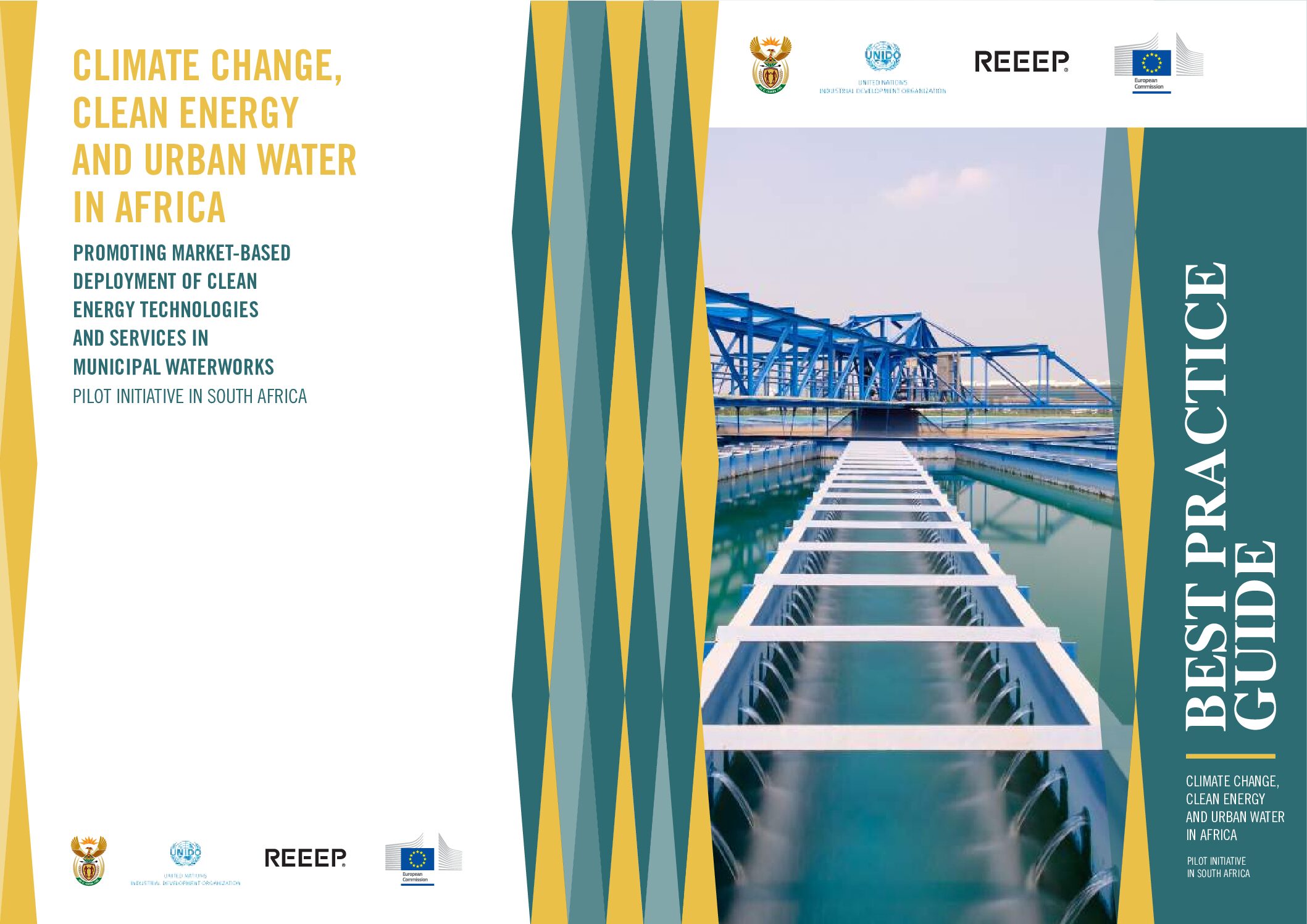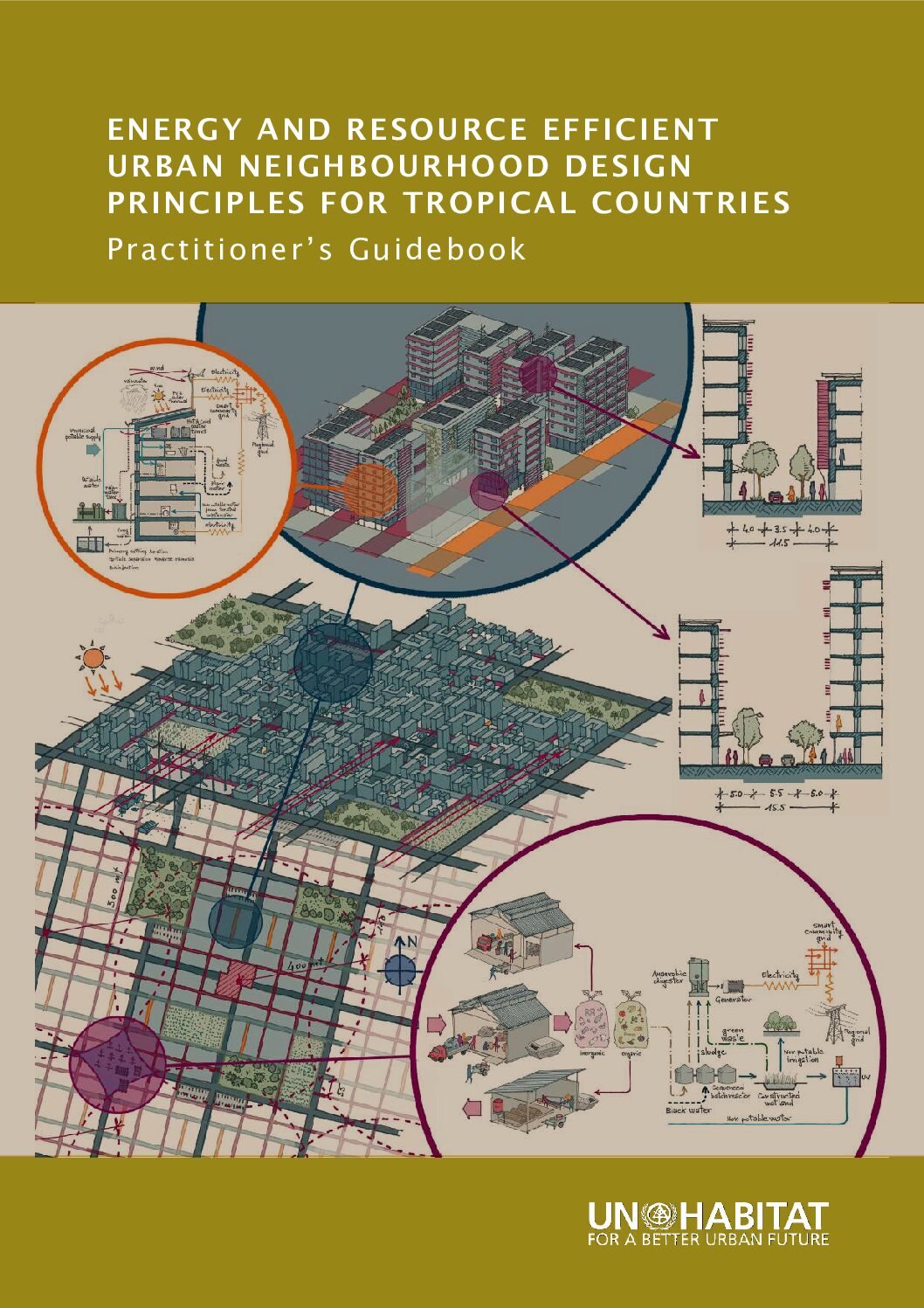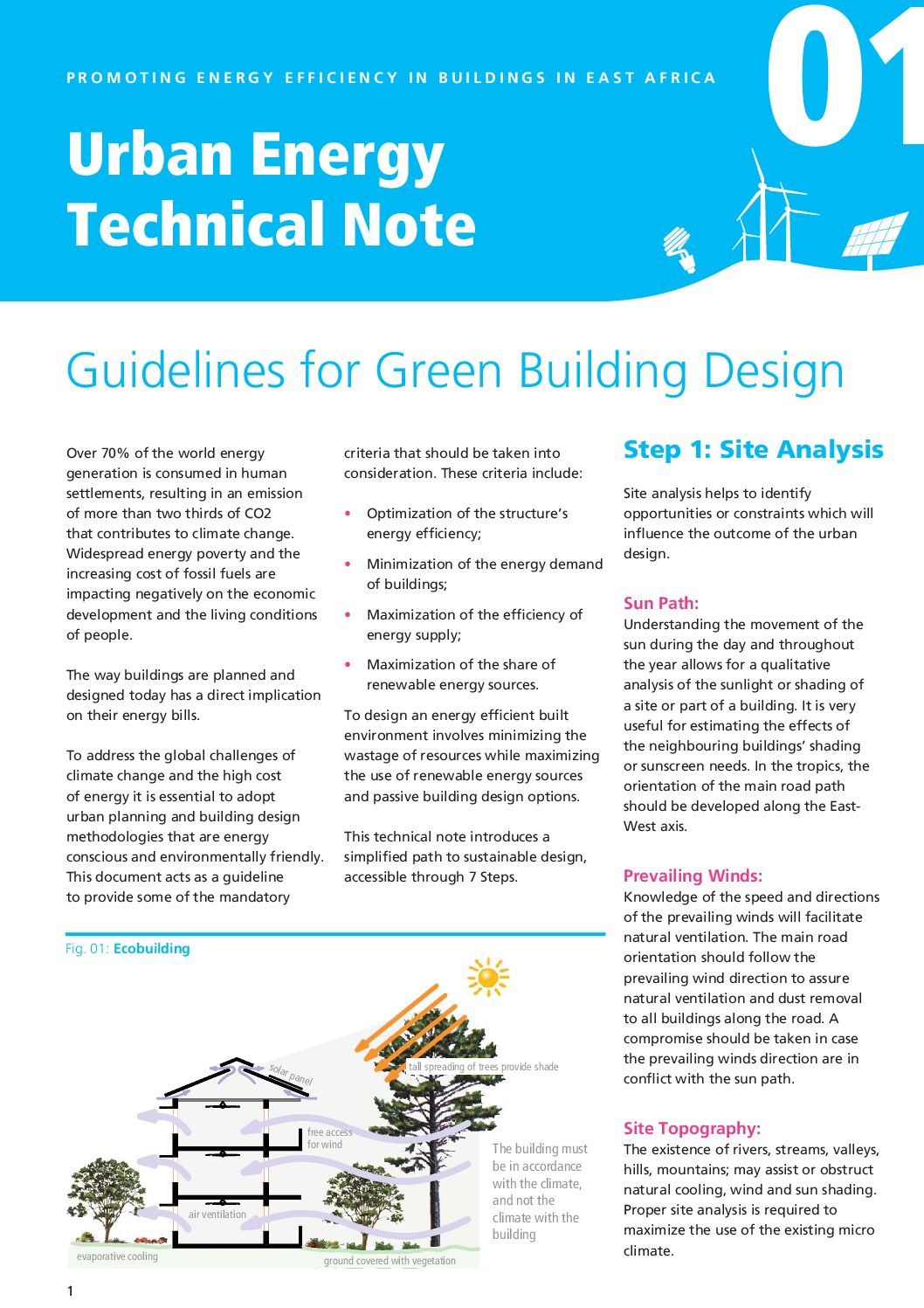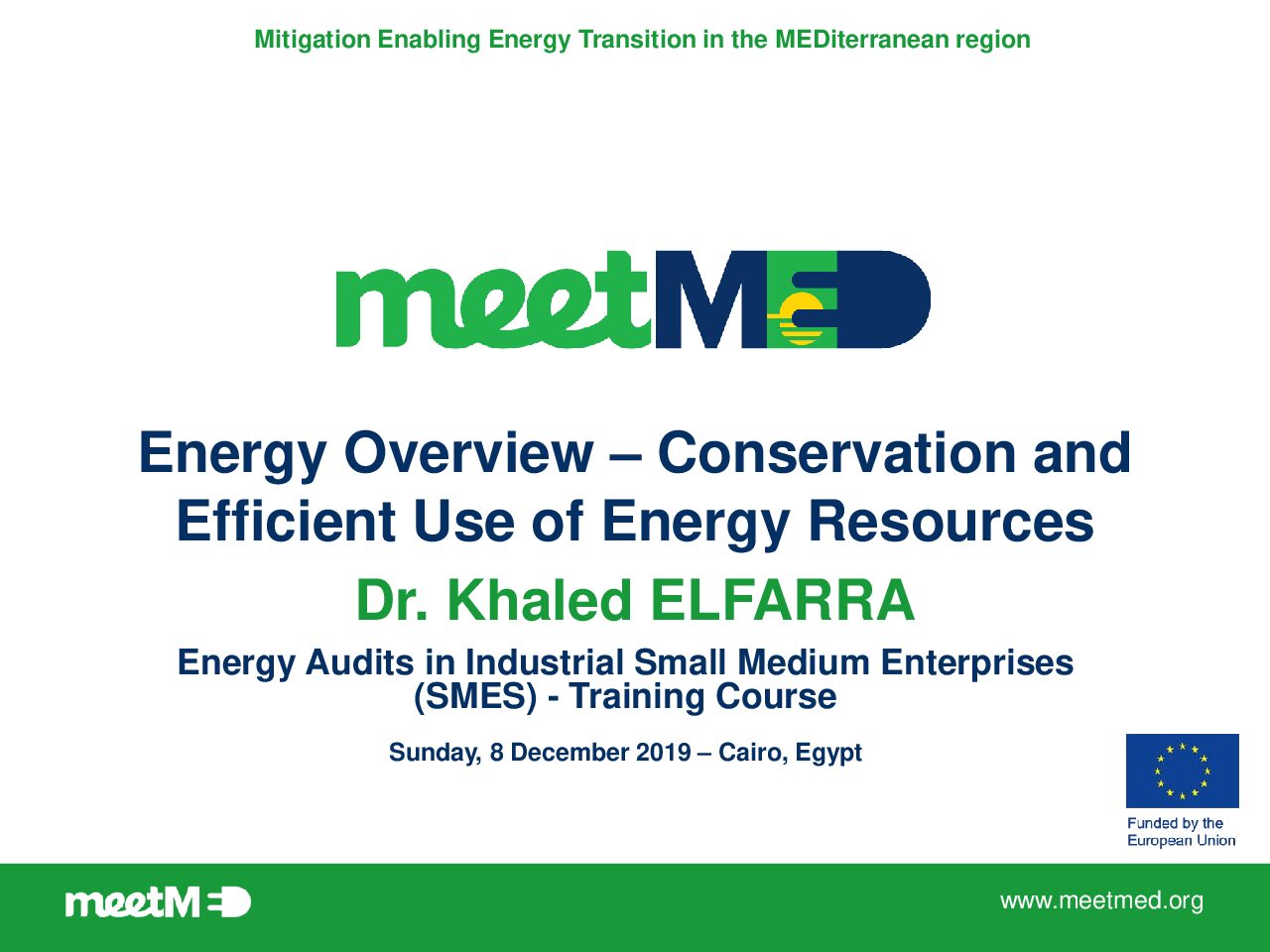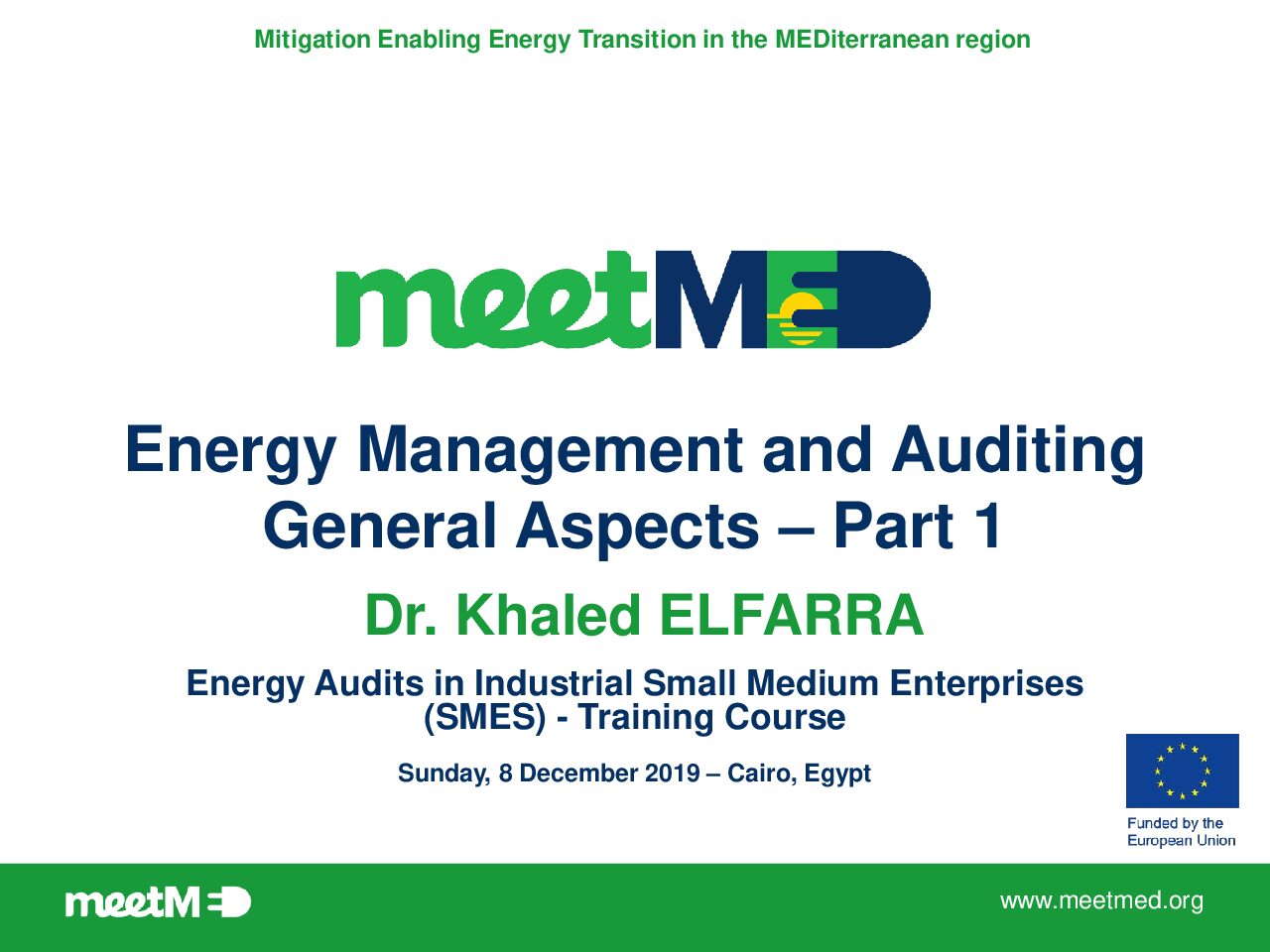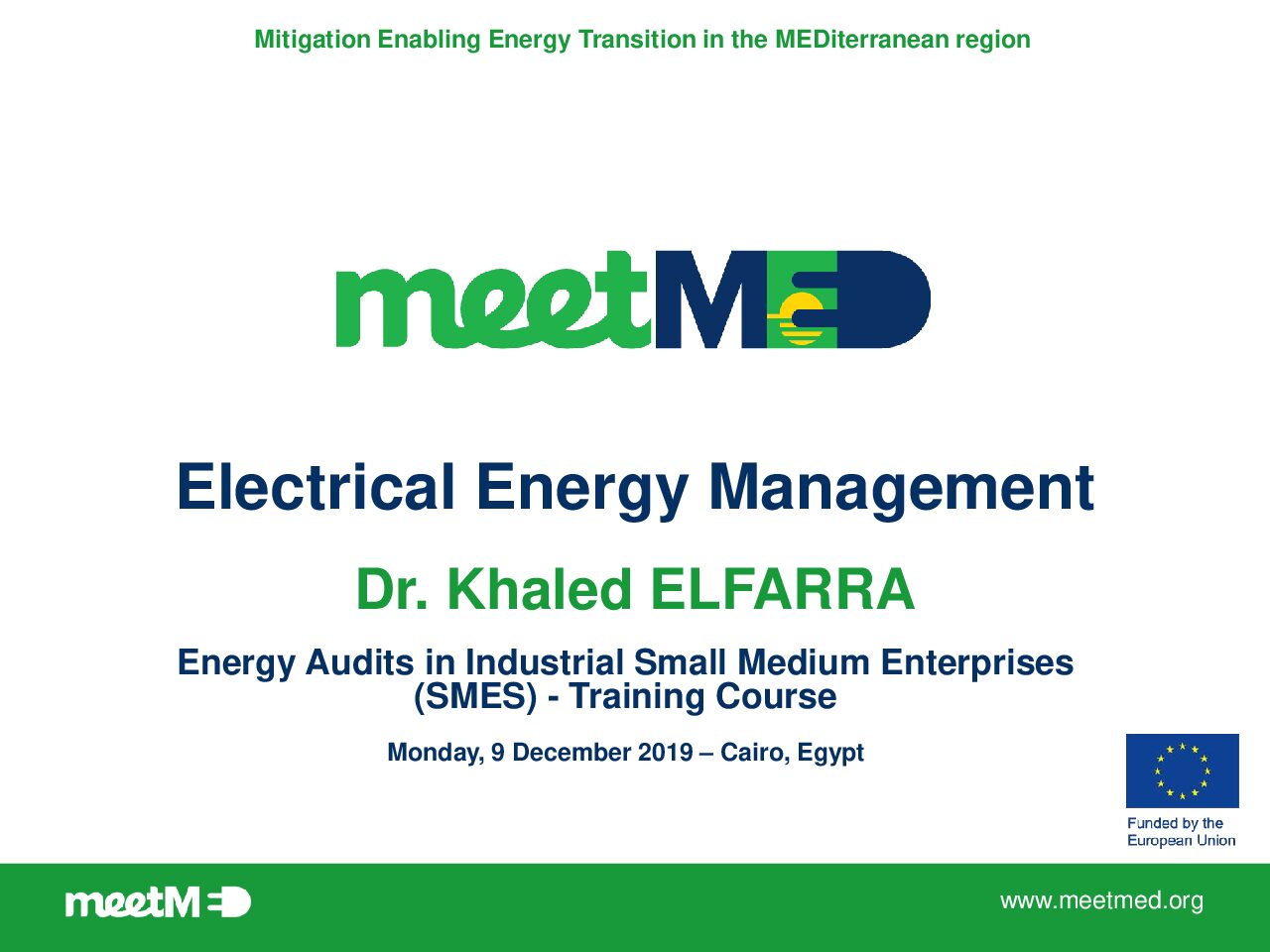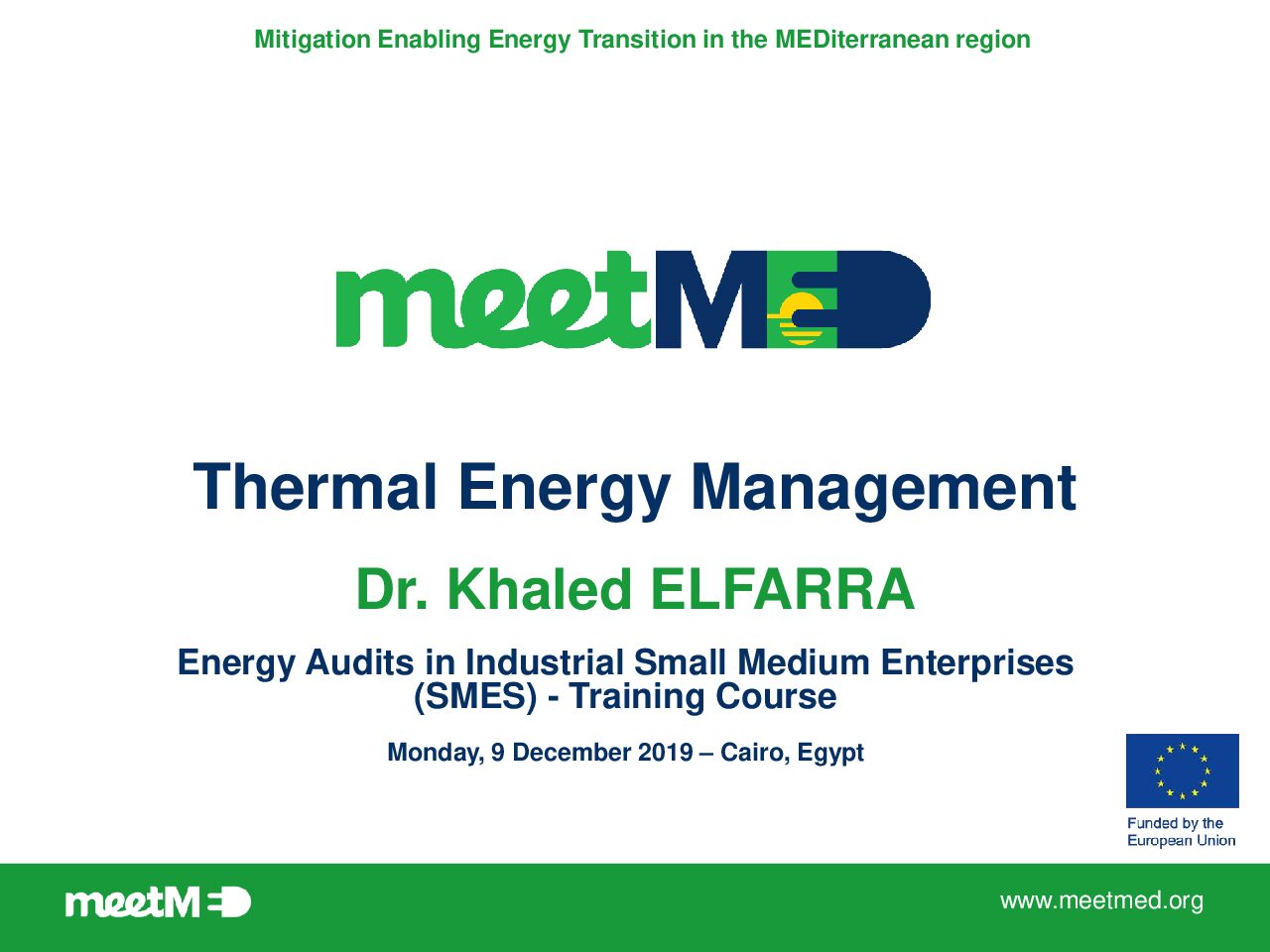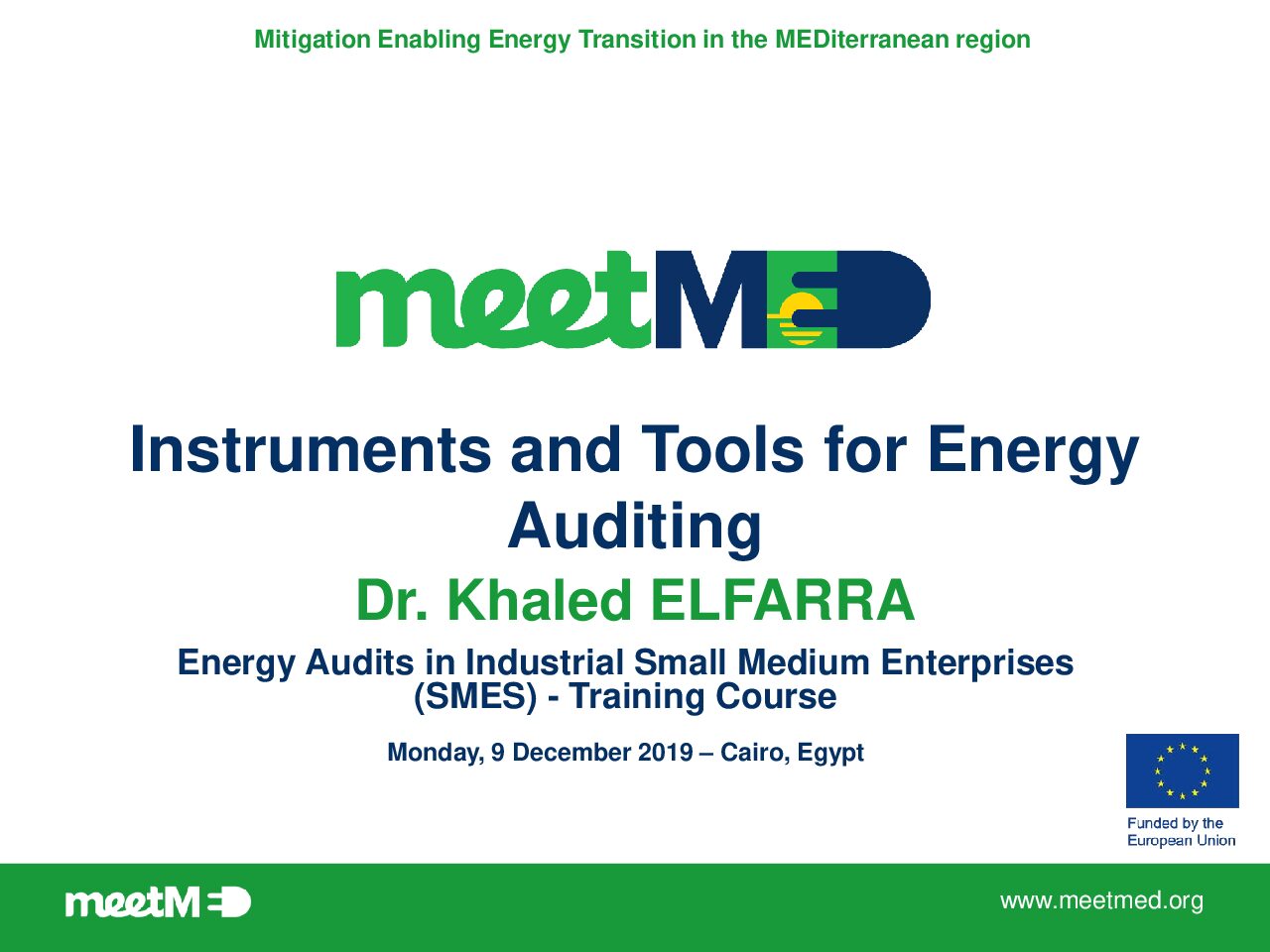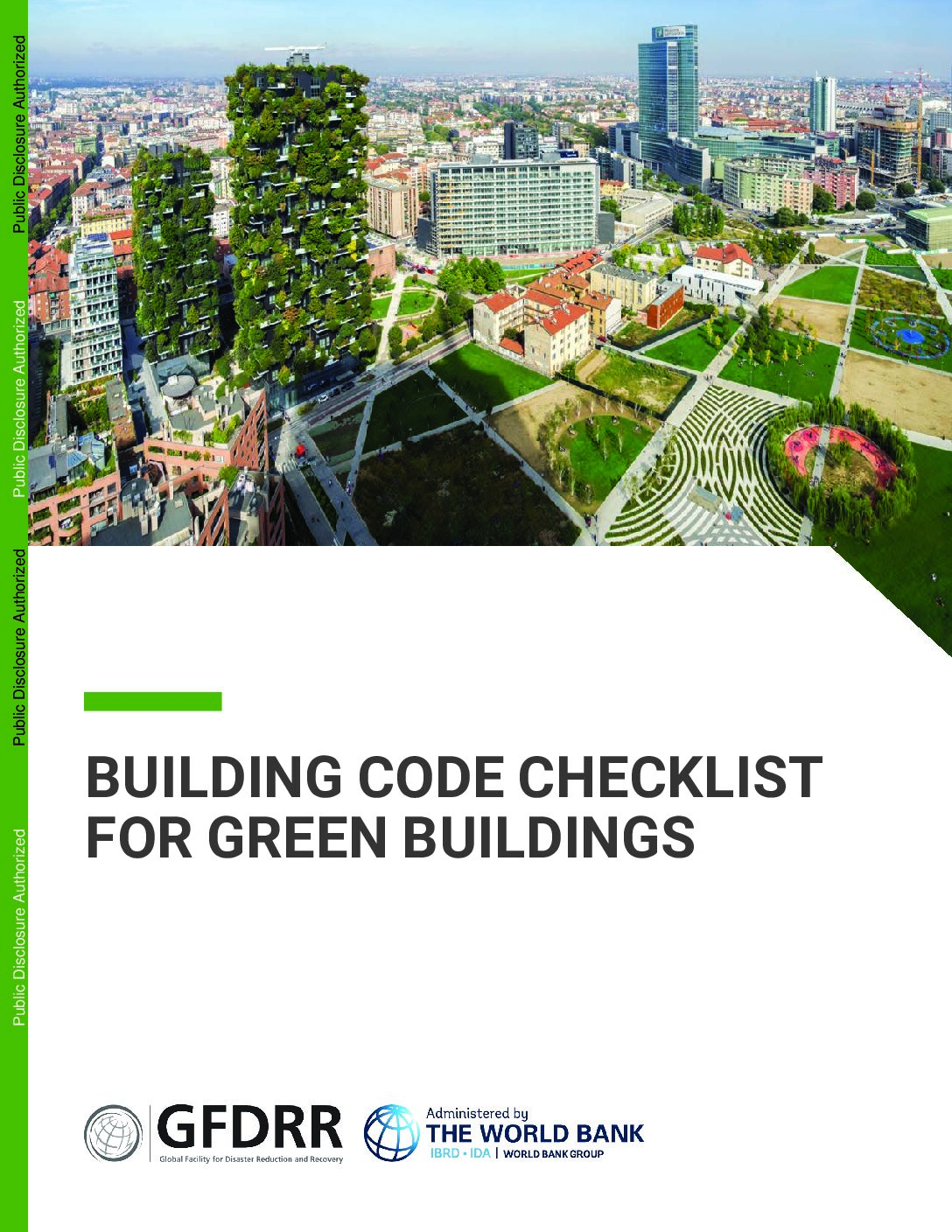This step-by-step guide suggests the key elements that municipal officials need to consider to implement clean energy/energy efficiency projects in waterworks or other municipal operations. It provides information on developing strategies, formulating plans, providing adequate capacity and mobilising resources for successful origination and implementation of a project.
This guidebook helps practitioners adopt a holistic approach to sustainable neighbourhood design, integrating the design of efficient energy, water, wastewater and solid waste systems, and low energy mobility.
This technical note introduces a simplified path to sustainable design in seven steps: site analysis, site plan, building design, energy, water, solid waste and agriculture.
This is the slide deck for the first module of an online course about energy audits for small- and medium-sized enterprises.
This is the slide deck for the second module of an online course about energy audits for small- and medium-sized enterprises.
This is the slide deck for the third module of an online course about energy audits for small- and medium-sized enterprises.
This is the slide deck for the fourth module of an online course about energy audits for small- and medium-sized enterprises.
This is the slide deck for the sixth module of an online course about energy audits for small- and medium-sized enterprises.
Designing for energy efficiency reduces the overall demand for resources to generate energy. This checklist will help to identify key design issues that will demonstrate whether the proposed design will be energy efficient.
This report helps policymakers develop building codes and regulations that promote the construction of green buildings.

